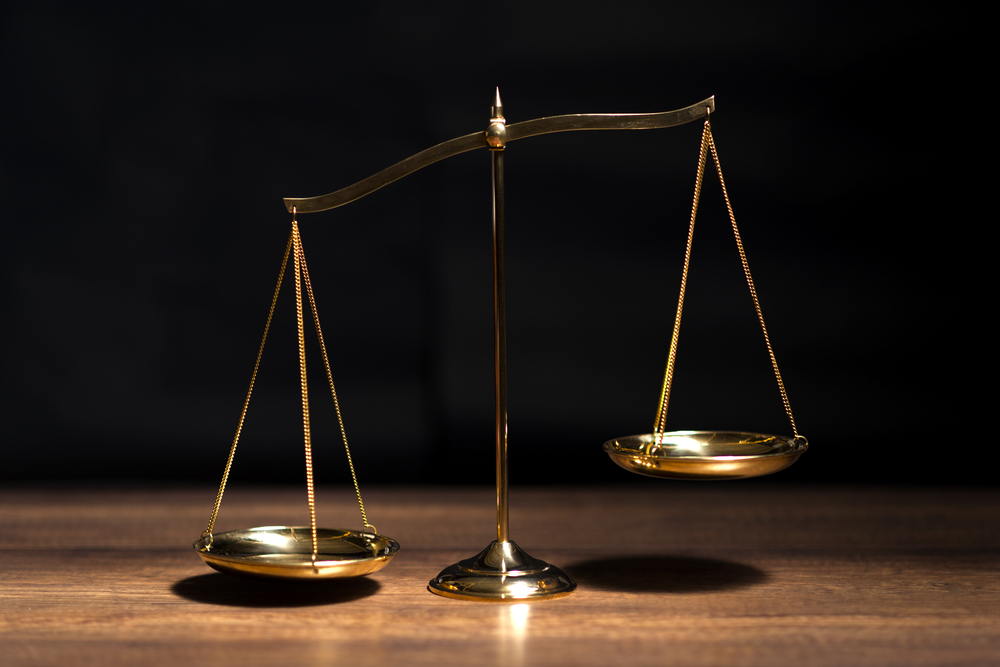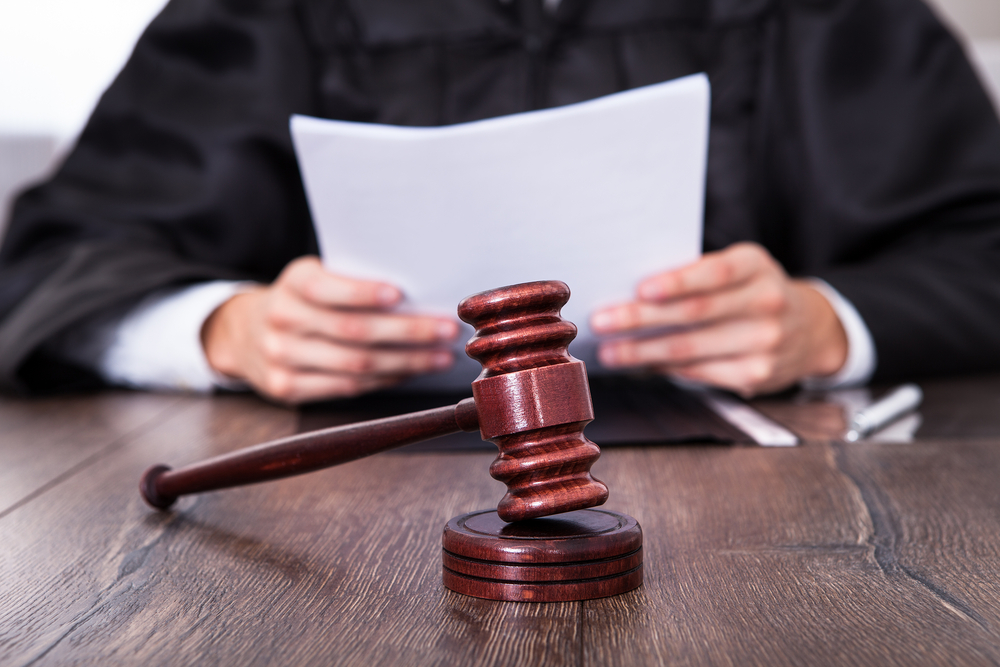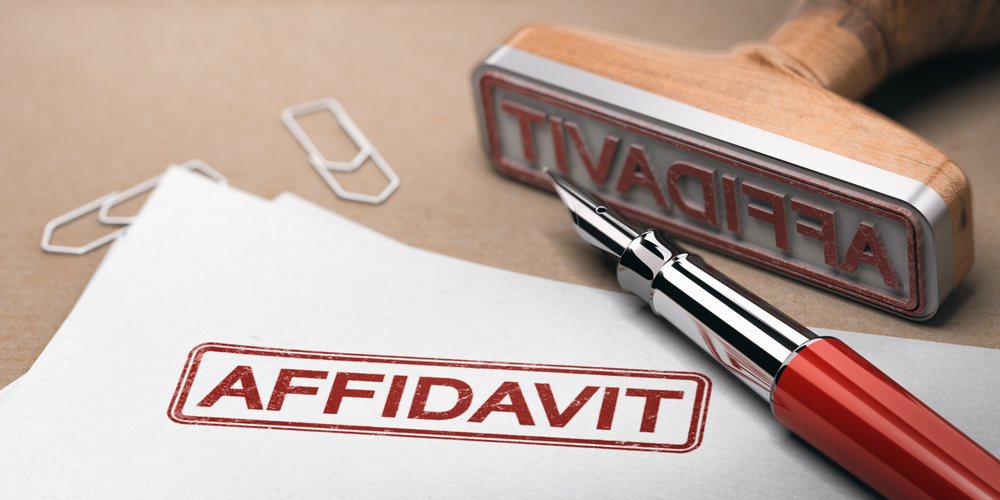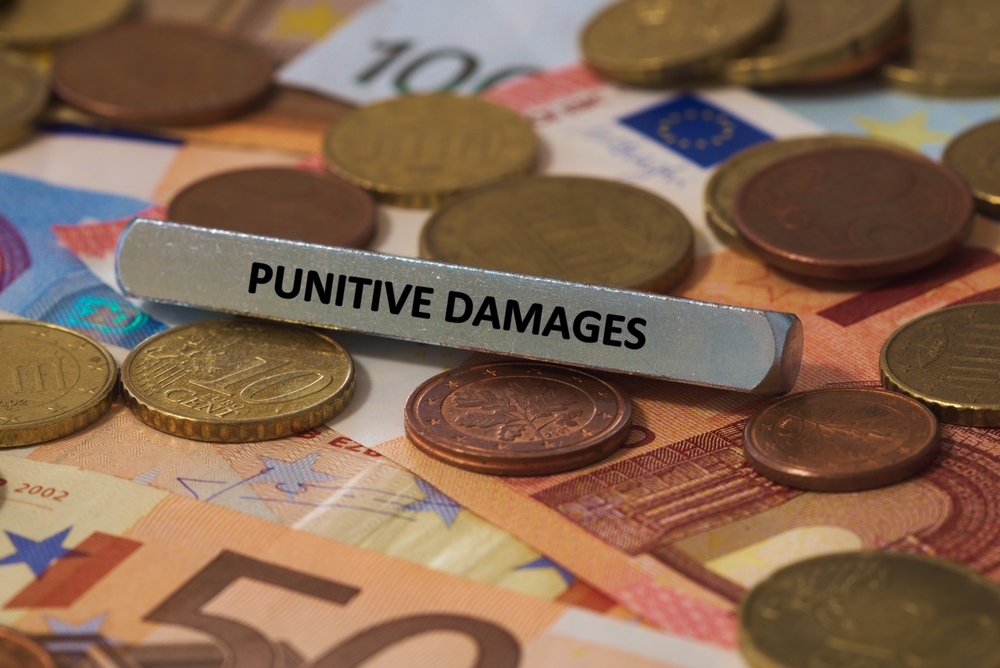Dismissal of Complaint (Action under Florida’s Public Whistleblower Act) for Failure to State Cause of Action
A trial court’s dismissal of a complaint for failure to state a cause of action is reviewed under a de novo standard. Henley v. City of North Miami, 46 Fla.L.Weekly D2296c (Fla. 3d DCA 2021). An example of a trial court dismissing a complaint for the failure of the plaintiff to state a cause of action can be found in Henley where the trial court dismissed with prejudice the plaintiff’s claim under Florida’s Public Whistleblower Act per Florida Statute s. 112.3187. In this case, a public employee (plaintiff) alleged that he was terminated after sending emails and texts to the City...
Continue reading













